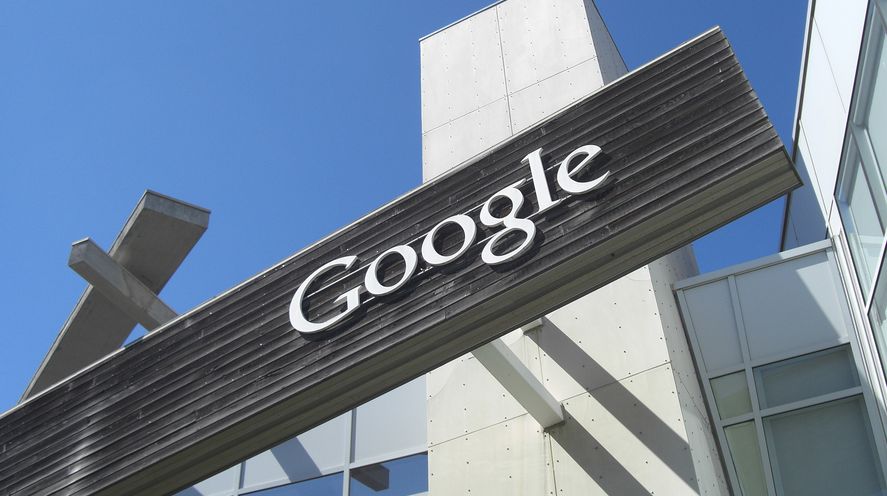Google: Why we rebranded platform 'Google for Work'
'Google Enterprise' is no more.

Google's array of productivity tools have become commonplace in our working lives, as 'Google Enterprise' has enabled us to create, store and share with colleagues and business partners.
But the umbrella name for the tech giant's platform recently underwent a change, with 'Google for Work' the new moniker pushed by the company.
To find out the significance behind the move, and what else Google are planning in the B2B space, we caught up with Thomas Davies, Director Google For Work NACE.
TechRadar Pro: You've rebranded Google Enterprise to Google for Work. Why did you take the decision?
Thomas Davies: Technology isn't what it was 10-15 years ago when we started with the vision that Google's consumer technology, like Search, could help transform businesses. Working in the cloud is now virtually abundant, making connectivity increasingly commonplace and collaborating easy, whether across an office, city, country or continent.
So in many ways our vision is still playing out today in a great way for us. But our name or our brand wasn't doing us any favors. We also never set out to have a classic enterprise offer. People think of Google as t-shirts and jeans, not suits, which is what Enterprise sounds like. This is really recognition of and alignment of our brand to our core values, and we hope when people think of work, they'll think of Google.
TRP: Why is 'work' an important space for Google?
Are you a pro? Subscribe to our newsletter
Sign up to the TechRadar Pro newsletter to get all the top news, opinion, features and guidance your business needs to succeed!
TD: Work has always been important for us because that's where most of us spend so much of our time - the average person globally spends 90,000 hours at work over their lifetime. As our founders said when the company went public, our goal is: "To develop services that significantly improve the lives of as many people as possible." We want to make technology in the workplace more enjoyable and useful.
People don't want to step back in time when they go to the office — they may not even want to go to the office — they want to use the same powerful, consumer tools they use in their personal lives at work.
We don't think people should be annoyed with full inboxes or shouldn't trap employees in front of a desktop in a cubicle. Technology can make it easier to work with those who inspire you and give you the freedom to work in places and at times that bring out your best. Working from a computer, tablet or phone is no longer just a trend—it's a reality.
TRP: So is Google's interest in the workplace another example of the consumerisation of IT?
TD: I think so. We've always thought that technology at work can be done better and that's why we started by bringing "search in a box" to businesses - to better power search on their corporate intranets.
Now we are are doubling down on bringing products like Gmail, Google Docs and Drive for Work to even more businesses around the world to help people 'work the way they live' — faster, collaboratively and from their device of choice, when and where they want, online or offline.
TRP: When it comes to new ways of working, we have seen startups and SMBs being very agile, but is this something that is relevant for bigger, more established clients?
TD: A lot of times startups are more nimble and are willing to put technology at the heart of their business and gain efficiencies by doing so. But traditional, larger businesses are catching-up. About 44% of the FTSE 100 are using Google for Work products already and we're seeing increasing traction in highly-regulated industries like finance (BBVA), aerospace & defense (Rockwell Collins) and healthcare/biotech (Roche).

Désiré has been musing and writing about technology during a career spanning four decades. He dabbled in website builders and web hosting when DHTML and frames were in vogue and started narrating about the impact of technology on society just before the start of the Y2K hysteria at the turn of the last millennium.